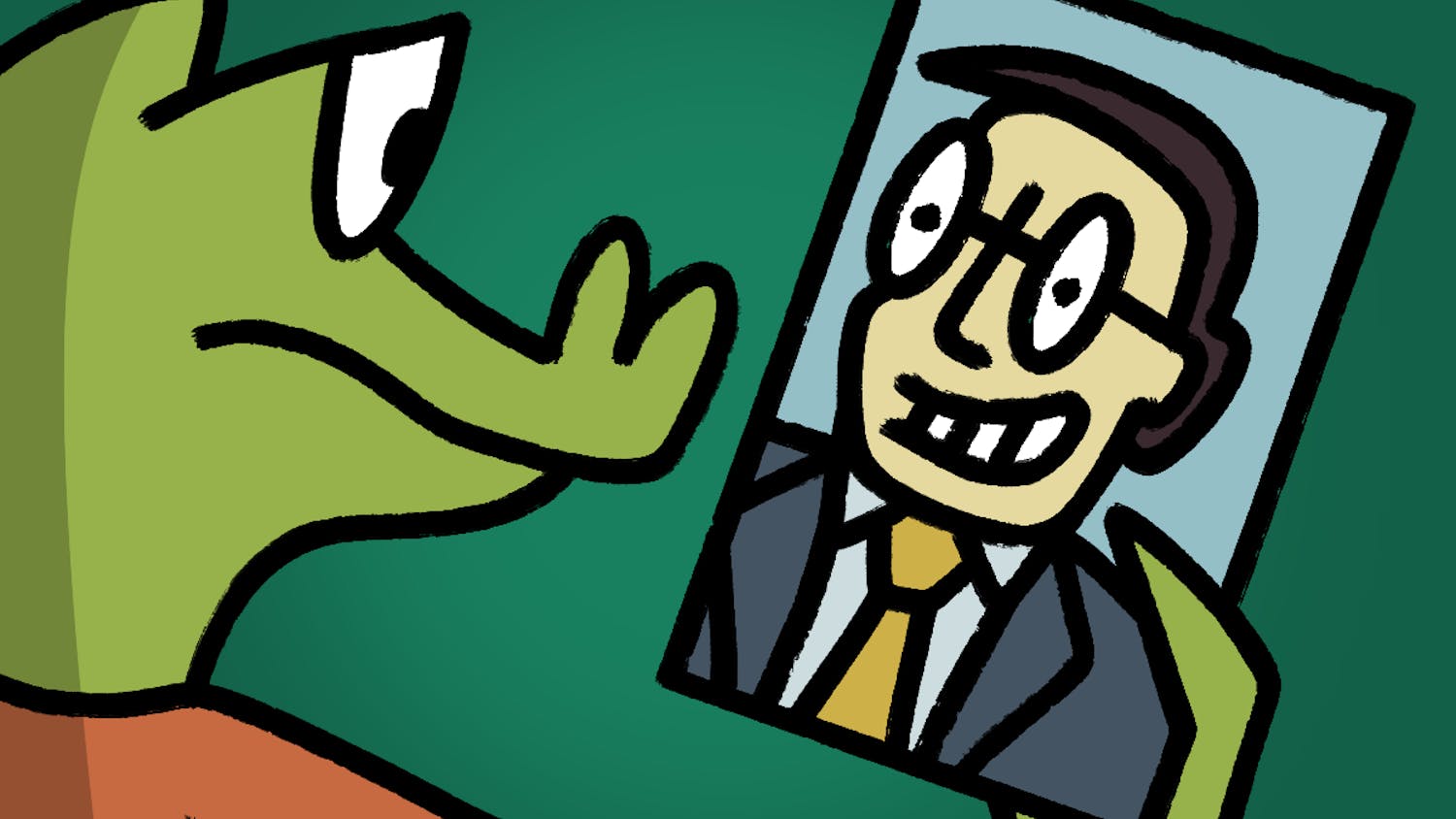UF President Kent Fuchs’s Aug. 16 statement cancelling the visit by white supremacist Richard Spencer was on the mark. Events in Charlottesville, Virginia, together with warnings of a “battlefield” in Gainesville provide ample reason to halt the event. Fuchs was also right to emphasize that personally, he finds Spencer’s rhetoric “repugnant and counter to everything this nation stands for.” But though safety issues and not Spencer’s ideas comprised the reason for the cancellation, Spencer is considering a lawsuit, arguing that UF is using safety as a pretext to limit free speech. In a similar case this year, Auburn University allowed Spencer to speak rather than face a court battle.
Can the university ban speakers based on speech? Ostensibly the answer is no, but the issue is worth debating in this political climate. UF does not practice censorship. It hosts hundreds of academic speakers each year. They discuss issues ranging from boycotts against Israel to responses to climate change, and they do not find universal consensus among faculty and students. But all academic speakers honor an unspoken arrangement. Whatever their arguments, they adhere to the scholarly practice of empirical study. Their conclusions have bases in demonstrable fact. They also conduct themselves accordingly, engaging in learned debate with their listeners.
I mention this because Spencer and his colleagues style themselves as scholars. His “National Policy Institute” — under whose standard he speaks — carries the trappings of a legitimate think-tank. Its website has tabs for research, a biannual journal, and news of academic-style conferences. But Spencer and his collaborators are frauds. Our university mission includes empirical research that expands the boundaries of knowledge for all human beings. Spencer and his institute spin fantasies of racial hierarchies and paranoid conspiracy theories. African-Americans, according to one National Policy Institute article, are racially predetermined to destructive behavior. Jews, says another, are “the razor’s edge . . . cutting into the heart of our nation.” It is not simply the arguments; it is the counterfeit scholarship on which they are based. The articles cite fraudulent sources and contain numerous statements that are demonstrably fabricated. Spencer wants to speak here because a research university venue would give him academic bona fides. He aims to burnish his reputation at the expense of ours.
This is not all. Spencer and his ilk have been accused of hate speech, but his actual speeches, including his keynote after the 2016 election (the “Heil Trump” speech), show that he is not simply theorizing, but inciting violence. He calls for a race war to be launched by “the children of the sun,” as he calls whites, who possess superior “blood in our veins.” And he is insistent. “We demand,” he declares “to live in the world that we imagine.” Reminiscent of Adolf Hitler, for whom ethnic struggle was a zero-sum contest of genocidal aggression, he proclaims: “For us, it is conquer or die.” He meanwhile attacks his critics as shills who promote white destruction. Meticulous investigative journalism is thus fake news designed to bamboozle all but the initiated. Universities are another avenue of cultural swindle, helping to perpetuate what Spencer argues is “a sick and disgusting society.” Even without the torches, Confederate flags and steel helmets, we can say that Spencer’s proposed visit is hardly in the spirit of genuine academic debate.
What will happen next? Is Spencer’s speech protected on a university campus? An untenured professor spouting this rubbish would be fired, notowing to the university’s rejection of free speech, but because falsified nonsense fraudulently passed off as scholarship, even absent the violent implications, is contrary to the mission of an accredited university. We should not allow the Richard Spencers of the world to use us, and we should not be a party to our own debasement, without a challenge. If such people want to use our campus as a backdrop, let them argue their right to do so in court so that their pretenses will be examined in the light of day. We will thereby make it clear for everyone that their mission and ours should never cross paths.
Norman J.W. Goda is the UF professor of Holocaust studies.





